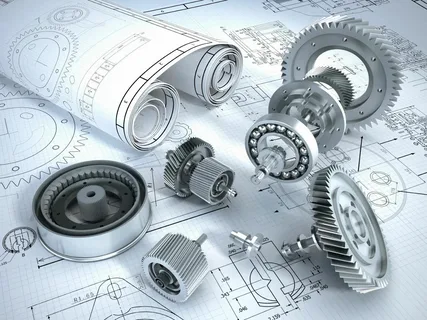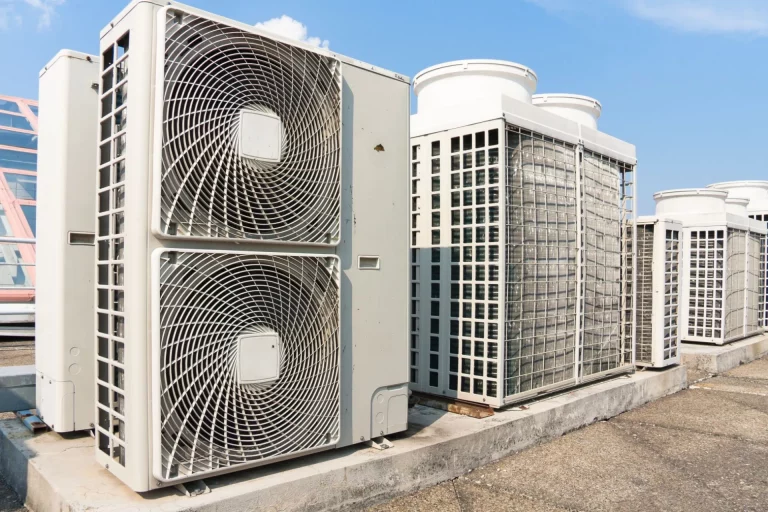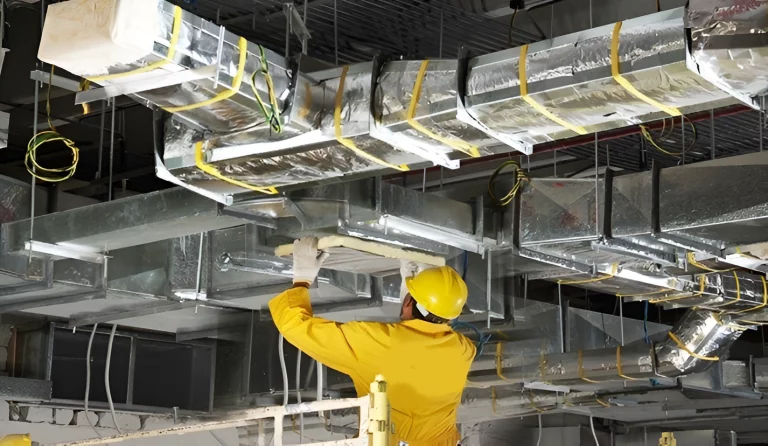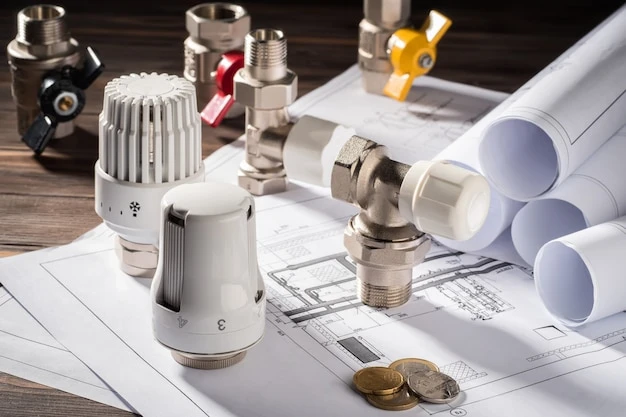How to Estimate Mechanical Work Cost in Commercial Buildings?
To accurately assess the Mechanical Work Cost for commercial projects dive right into this article! A contractor needs to understand what costs are involved when it comes to a mechanical system. Managing finances properly will allow an expert to make sure that everything is under control and that the project is meeting all its objectives. Effective cost control in a commercial project for mechanical systems will make sure that the project is on the right path and would not derail. An accurate cost budget streamlines the construction project. Every client wants to stay within budget and not go overboard with the expense. In a construction project, it is very easy to lose track of money and this is what we want to prevent.
Many contractors or subcontractors are now opting for Commercial Mechanical Estimating Services, as estimators are proactive and well as vigilant. A professional cost estimator utilises the most efficient cost-saving techniques without compromising the quality of work. Estimation agencies provide an accurate and extensive cost breakdown.
FOLLOW THIS ARTICLE TO GAIN A BETTER UNDERSTANDING OF THE FACTORS THAT IMPACT COMMERCIAL MECHANICAL ESTIMATION AND ASSURE PRECISION AND RELIABILITY AT EVERY STEP.
Components Involved in a Mechanical System
If an expert wants precision in the mechanical estimate, they need to have all the necessary knowledge about the mechanical systems.
Heating, Ventilation and Air Conditioning – HVAC
When we talk about mechanical systems, the first thing that comes to mind is HVAC. A necessary system that is essential to provide a comfortable environment. It regulates the inside temperature according to the outside weather. In the HVAC system, the two major elements which take a significant part of the revenue are:
- Ductwork
- Insulation
Therefore, an expert needs to make sure that the process of Mechanical Insulation Estimating as well as ductwork must be done with keen attention to detail.
The cost of an HVAC system according to size is :
- Standard size HVAC is from $15 to $30 per square foot
- For commercial buildings of 50000 Sq ft, it ranges from $750000 – $2000000.
Plumbing
This component involves an adequate supply of water, drainage as well as managing waste. Mechanical expenses for plumbing includes the estimation of the following:
- Piping
- Fixtures
- Fittings
- Labor
In a commercial building, it is important to have sufficient water pressure to complete the building. Hence, in the estimation process dimensions of a commercial building must be taken into consideration. Also, it is important to follow all the local regulatory codes. Following is the cost of plumbing in a mechanical system:
- A basic Plumbing system ranges from $4 – $6 per sq ft
- A commercial building of 50000 Sq Ft falls in the range of $200000 – $600000
Electrical Component in a Mechanical System
One of the most complex systems in commercial projects is the estimation for MEP systems as they are interlinked. Mechanical Work Cost can only be predicted accurately if you have adequate knowledge about how it is impacted by electrical system. An expert must be able to interpret the complete load requirement of a commercial building. The size of the building is also important to determine the electricity load. While determining cost for electrical systems, standard codes and regulations especially regarding safety must be implemented. An electrical system ranges from:
- Basic Institute ranges from $2 – $4 per Sq Ft
- 50000 Sq Ft commercial building will range from $100000 – $500000
After a brief discussion about the average cost range of the components of a Mechanical system, let’s discuss the major factors involved when it comes to the estimation of the cost of commercial buildings
Factors Affecting Mechanical Work Cost
Size Directly Proportional to the Cost
Understandably, the size of the commercial buildings is at a later scale. So the number of Mechanical components as well as tasks will increase. Larger buildings as in commercial require more extensive mechanical systems thus increasing the cost as well. Thus, it is important to make sure that all the requirements are considered to accurately estimate Mechanical costs.
Labor Costs
Labor is required to install or maintain Mechanical systems. They are used in all projects whether residential, commercial, or industrial. The level of skill of labor required depends upon the type of project. An expert must be able to evaluate the cost of labor as well as the time taken. Labor Cost mostly depends upon the following:
- Availability of Skilled Labor
- Local Rates
- How Complex is the Mechanical Work and what is the size
The Level of Complexity of a Mechanical System
A complex Mechanical system with more features will be much more costly. If it has more advanced automated features with the ability to integrate with the building systems, it will surely be more expensive. An expert must make sure that all the aspects of a system are considered when performing estimates thus ensuring accuracy.
Quality of Material
What quality of the material is chosen while installing a mechanical system matters a great deal. If premium quality material is utilised then it may drive up the cost but the prospect of durability and enhanced performance is assured. This will also affect more costs. While estimations, quality is considered and factored into the budget providing a realistic financial framework.
ELEVATE A COMMERCIAL PROJECT WITH PROPER PLANNING IN MECHANICAL ESTIMATING WITH THIS ARTICLE WHICH PROVIDES VALUABLE INSIGHTS THAT INCREASE THE PROJECT’S EFFECTIVENESS.
Conclusion
In the end, to carefully assess the Mechanical Work Cost of a commercial project, it is important to be detailed and thorough. Therefore, this article describes certain factors that must be followed to ensure the maximum probability of accuracy and precision. Keep yourself updated about the recent developments in the construction industry. Cost professionals need to stay on top of things and be proactive.







